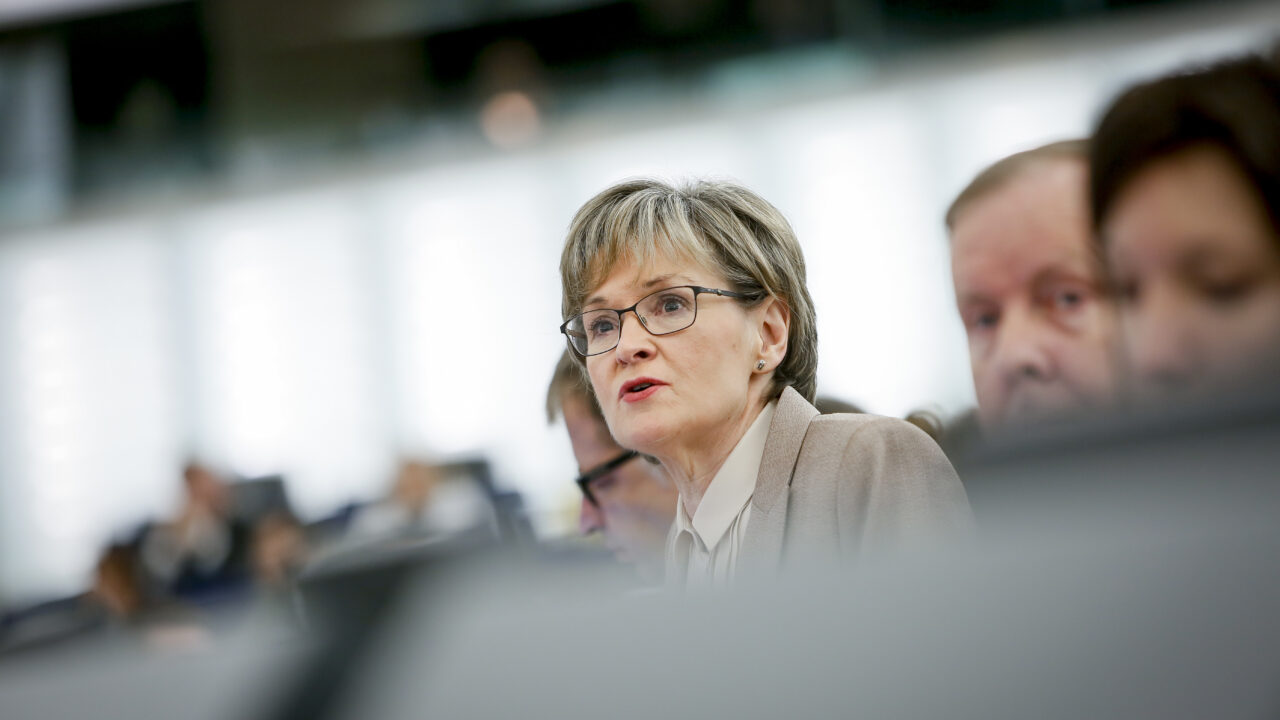Speaking on tonight’s episode of Live@Grange, Mairead McGuinness, MEP and vice president of the European Parliament, highlighted that Irish farmers have the right to be concerned about the contradiction at EU level, where sub-standard products may be imported into the EU.
“There has been a lot of objections to the Mercosur trade deal and it still has to be ratified; it may not get over that hurdle,” she began as she joined the panel discussion by video link.
There is something illogical about insisting on high standards for production within the EU, yet doing a deal with countries where the standards are different.
“There are also wider issues about soya for example and that’s a big debating point here at the parliament, where a lot of our livestock production in Europe happens to import soya.
“That soya is sometimes genetically modified, but a lot of the time it can come from deforested land.
“So, I think that the farmers in Ireland have a right to be concerned about this contradiction between the demands internally and those externally.
“We are fighting with Commissioner Hogan to match his words with actions, so we shouldn’t allow beef or other meats into the EU unless they meet the very high standards.
“I think equally that we have to accept that there are parts of our supply chain that rely on imports from outside the EU that may not be sustainable, so I think it’s not as simple as it sounds,” she added.
‘High-quality, high-priced product’
Continuing, she said: “My own view about beef is it should be a high-quality, high-priced product. If you look at the way it’s produced, it’s produced over time; you can’t rush it.”
McGuiness also spoke about farmer-factory relationships.
“The relationship between beef farmers and processors is appalling. It was never any good, but I’m a long time following this and I really want to appeal to beef processors not to ignore what farmers are saying.
You cannot sustain an industry where the production side and the processing side don’t even sit in a room together with no relationship.
“Compare that with the dairy sector, where farmers and processors will sometimes have issues, but they are on the same side of the fence; they know where they’re going; they work together.
“If you have a beef farmer working without cooperation from the processor, that’s a road to nowhere and I hope that would change.”
